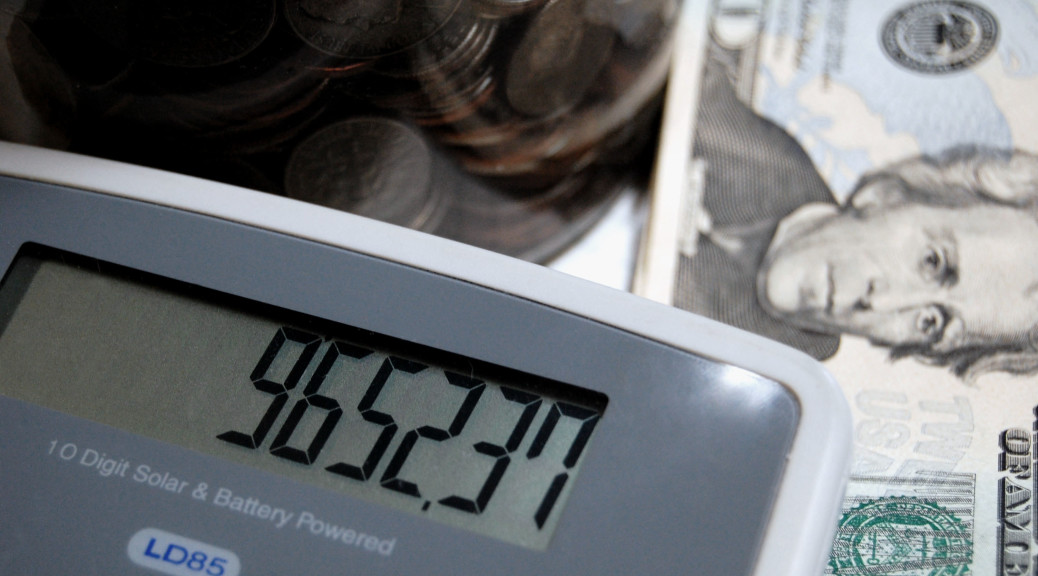
I shared
Jeffrey Tucker’s article about Hillary Clinton, and pulled out this quote:
Meanwhile, Hillary’s actual policies on women are a disaster waiting to happen. Consider her support for “equal pay for equal work.” What effect will this have on women in the workforce? It not only puts government in charge of micromanaging every aspect of payroll and personnel of every business in America. It also incentivizes managers to keep women in lower positions in a firm in order to comply with the wage mandates, and disincentivizes advancing women up the ladder by making the costs of ascending too high. The result will be the very “glass ceiling” that mainstream feminism abhors.
An intelligent friend, who shall remain nameless, replied:
I feel like this runs on the same logic that if you raise minimum wage to a livable wage, jobs will be destroyed and small business will crumble, when in fact the opposite has been shown to be true.
Now, this friend is not an economist. What I suspect is that the news sources he typically reads report heavily on the few studies that show positive employment effects of minimum wage increases, and ignore the rest of the literature. This isn’t exclusively the territory of the left, I’m sure people who read only right-wing or libertarian news sources overestimate the disemployment effects in the other direction.
But look at the conclusion he drew! Since he got the false impression that raising the minimum wage has positive employment effects, he concluded that there is essentially no tradeoff in government artificially boosting any wage; in this case the wages of half (!) the population. But given the initial error, this extreme conclusion naturally follows.
This is why the minimum wage debate matters so much. It’s a matter of educating people about the basic principles of economics. It’s a highly visible price control; everyone knows about it. If we can convince people that this one law has a different effect from its intended one, we can make people realize more generally that price controls, regulations, and restrictions have unintended consequences.
I don’t think the minimum wage is the most important policy in terms of its consequences. For the chronically unemployed and unskilled, it might very well stop them from ever building the skills to rise beyond the minimum wage. That’s heartbreaking, but it only affects a small fraction of the population, and most of us manage to find a first job and advance beyond minimum wage fast enough despite the law.
Migration restrictions are a far more consequential, in that they trap billions of people in poor countries where they can’t live up to their potential. Actually, the minimum wage would be far more consequential if migration were liberalized, because it would block many unskilled migrants from first-world labour markets.
But despite its not being the most consequential bad policy, it is vitally important that we win the minimum wage debate. It’s the strategic pass that, once captured, affords the victor total control over a vast region of ideas. First, we let people believe that cranking up the minimum wage will improve, or at least not harm, employment. Next, they’re citing that as proof that a Soviet-style takeover of half the wage decisions in the entire economy can only be beneficial.
The post
It All Comes Back to the Minimum Wage Debate appeared first on
The Economics Detective.
 I shared Jeffrey Tucker’s article about Hillary Clinton, and pulled out this quote:
I shared Jeffrey Tucker’s article about Hillary Clinton, and pulled out this quote:

